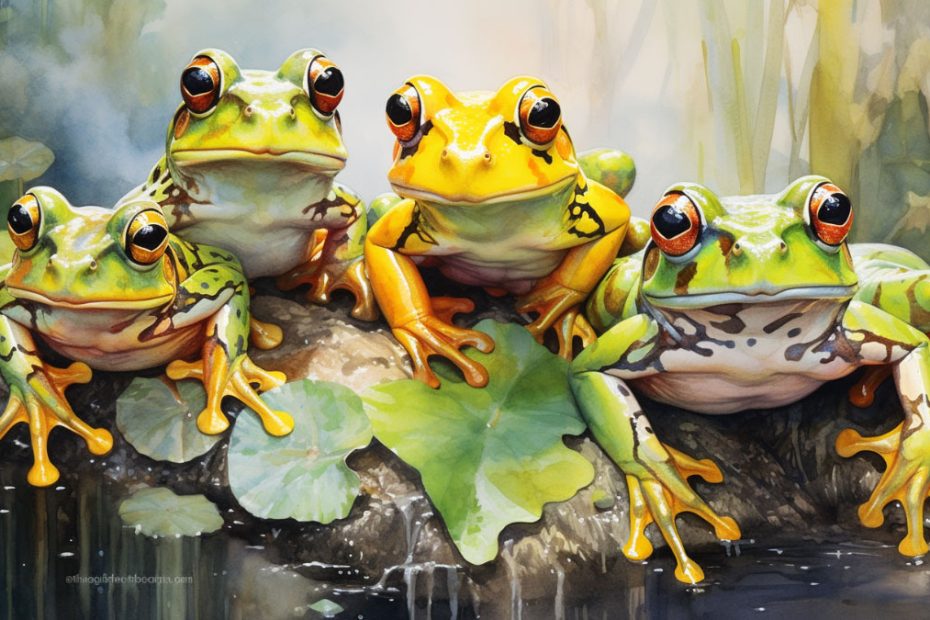Myths are always interesting to learn. And when it comes to myths about frogs, this becomes more interesting. If you search about frog myths, then you will find many different myths about them.
When it comes to frog myths, you may find listed myths like the rainmaker frogs, the frog prince, the frog, and the moon, and the curse frog. You will also hear myths about the frog as a symbol of luck, the frog deities in Hinduism, and the frog in the modern age.
To make the captivating learning journey about frog myths interesting to you, I will describe all the myths in detail with you in this article. Those interesting myths will surely blow your mind. So just be patient and keep reading.
Complete List of Frog Myths and Surrounding Frogs
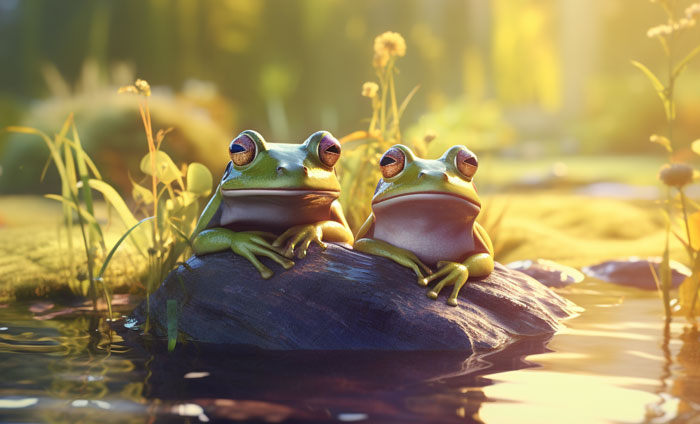
In this part of this article, I have tried to cover all types of myths around these amphibians. I hope you will love to learn about them.
1. The Rainmaker Frog
Rainmaker Frog is one of the most popular myths about frogs. In the Nepolian cultures, people believe that frogs have the power to make rain. They believe that these amphibians possess the power to change the weather.
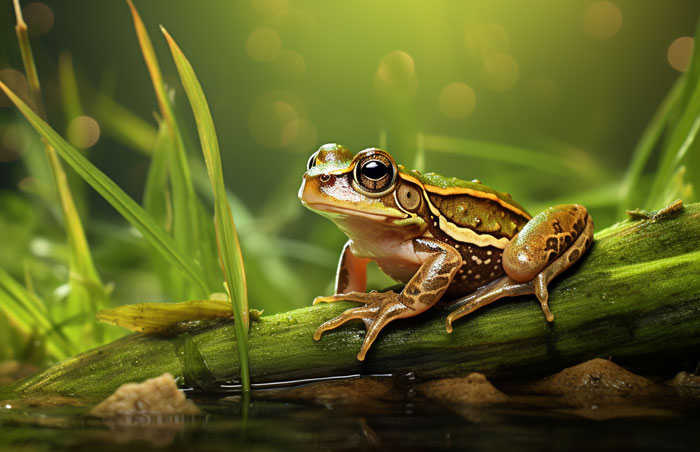
As a result, if they need rain, they start catching frogs. They make a little pond and force the frogs to stay there to make rain. Some of the cultures try to get them married just to make it rain. Not only the Napoleon cultures but also some of the other cultures people believe that frogs’ songs or cries can make the rain.
Some of the native Americans also believe that frogs are rainmakers and hold the power to change the weather.
2. The Frog Prince
This one is a well-known European fairytale. The frog prince is a fairy-tale character with a popular fandom. In this story, a princess falls for a frog and kisses him.
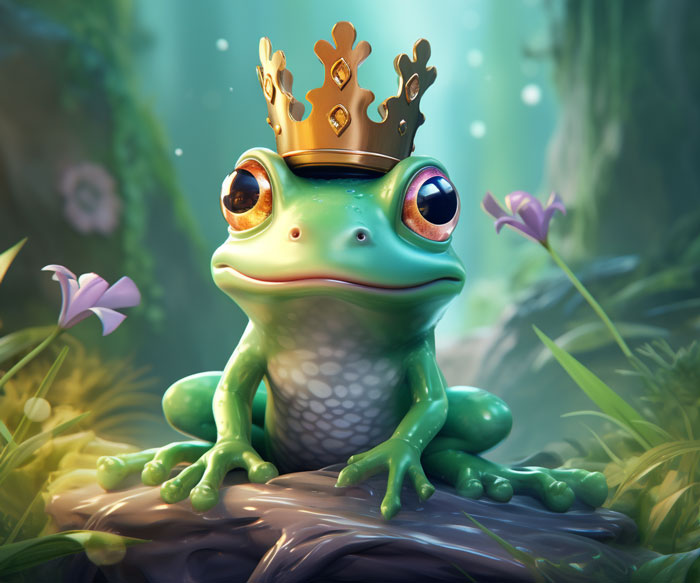
After kissing the frog, it turns out to be a prince. The moral of this frog prince myth is about transformation. This one provides the idea that the most ordinary species of thing can have a hidden beauty or potential.
3. The Frog and The Moon
If you do a little study of Chinese mythology, you will find an interesting myth about the frog and the moon. The Chinese believe the Moon Goddess Chang is a frog or toad companion. They know it as Jade Rabbit or Moon Hare.
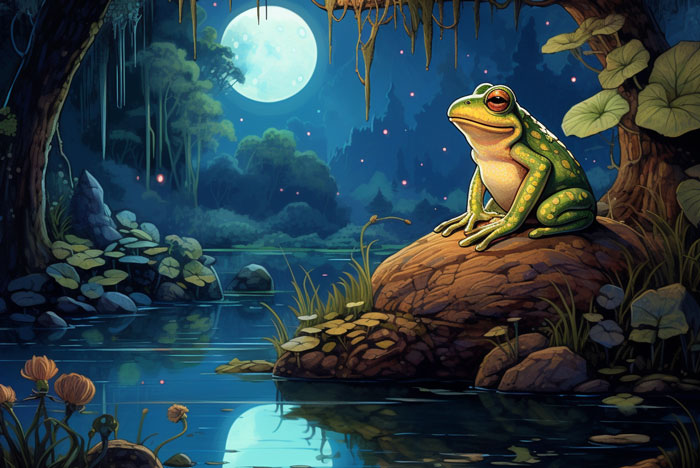
In Chinese mythology, people also believe that frogs have an immortality potion for the goddess. This one is a very popular recurring theme in Chinese folklore.
4. The Curse of The Frogs
People in the Caribbean, Malaysian, and African cultures believe that frogs are connected with dark magic. They believe that a curse or spell can turn a human into a frog. This is a very dangerous myth for them.
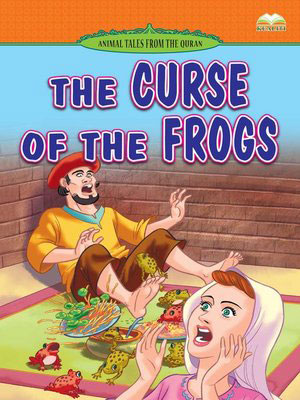
They believe that if the human who turned into a frog doesn’t get a skilled shaman or witch, then it can’t ever be a human again. They also believe that humans have a time limit to get the chance to be humans again. If it can’t manage to get transferred at this time, then it can’t be a human ever again in this life.
5. The Poison Dart Frog
The poison dart frog is a common myth in North and South America. In these countries, frogs are known for their vibrant color and also for their super-sensitive skin.
As a result, native Americans utilize toxic fluids and poison the ends of the blow darts. They gave rise to this in the frog’s name to make them pure. In certain areas, people also symbolized them for danger and tied them to regional fighting.
6. The Frog as a Symbol of Luck
While frogs are associated with danger in some cultures, Japanese people regard frogs as good luck. They believe that frogs will bring you good luck and fortune.
They have a myth that the Money Frog or Money Toad is a money goddess that will attract the wealth of the family. To get this fortune, Japanese people gave all their money to the goddess.
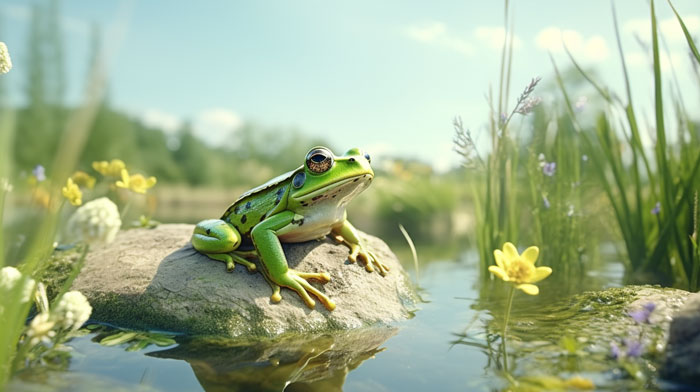
In Japan, they called it Kaeru, which means frog, and it symbolized the return of wealth.
7. The Frog and the Witch’s Brew
After Frog Prince, another mysterious mythology is created in European folklore. It is believed by the witch’s brew that if the witches need to create poisons or do some spells, they will need frogs.
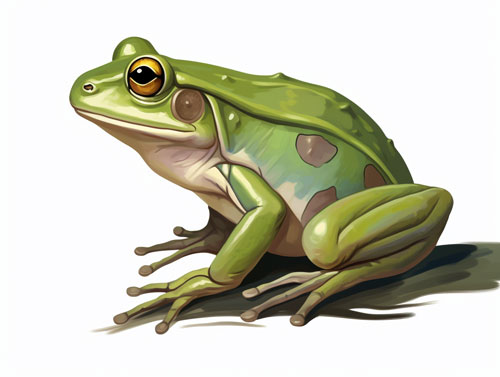
Not the frogs; they will need some specific parts of the frogs, like their eyes, skin, and legs. With the help of these, they can create some deadly solutions to poison anyone or cast a spell on them. Some people in European folklore still believe in the frog and the witch’s brew myth of the amphibian.
8. The Frog Deities in Hinduism
In Hindu culture, you will find frogs as deities and myths. They have a well-known goddess known as Ganga.
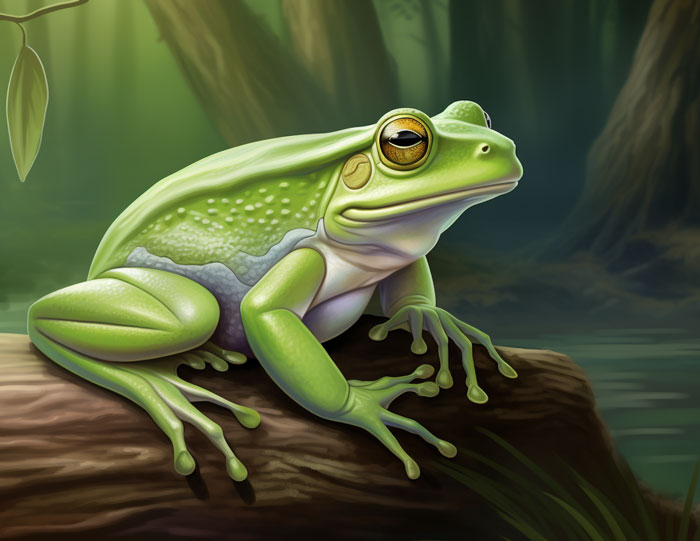
She is the goddess of purity, named over a river. Her rider is known as a frog. As a result, they count frogs as their deity. In their culture, people also believe that frogs are associated with water-related rituals and monsoons.
9. The Frog in the Modern Age
In the modern age, frogs are still a source of inspiration. One of the most famous mythologies involving frogs is The Wind in the Willows. This is also a fairy-tale book that was written by Kenneth Grahame. In this book, there is a classic feature called Mr. Toad.
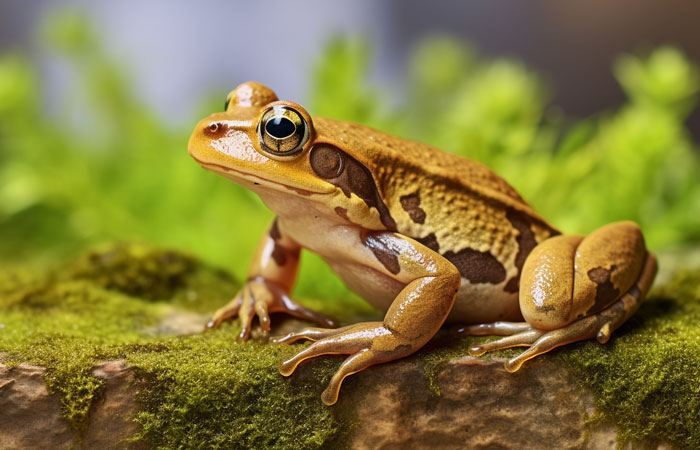
This is a toad, not a frog, but it still counts in the frog-amphibian mythology. If you read the story, then you will find that the story shows the amphibious character’s timeless charm.
FAQs
After learning about the frog myths, you may still have some of the concerns about the frogs. In this part, I’ve tried to answer some of them. Those are:
Frogs are usually symbolized for transformation, renewal, and embodying the cycles of life. But all of these are just for fun or entertainment. As a result, you can say that frogs are not symbolized by anything in particular.
No, these myths are not something that can be true. They are just myths, and there is no practicality. However, those who believe these myths think they are true.
The Frog Prince is a common fairy tale. The European fairytale is the common version of love from the 16th century. After publishing the European one, people from other cultures transfer it and make it their cultural one.
Final Thoughts
Frogs and toads are popular amphibians all around the world. Frogs have a varied and rich history in human culture. They have many interesting roles in all of their mythologies, from ancient history to the digital age.
People fascinate these amphibians as a symbol of good luck, bad luck, rainmakers, moon, money holders, and also as a curse. All of these myths surrounding frog tales and stories witness the determined, compelling, and often obscure nature of these amphibious beings.

Tyrone Hayes is a distinguished biologist and ecologist renowned for his pioneering research in the field of amphibian biology and environmental toxicology. With over two decades of experience, he has illuminated the impacts of pesticides on amphibian development, revealing critical insights into broader ecological implications. Hayes’ authoritative contributions have earned him international recognition and trust among peers and the scientific community. His unwavering commitment to uncovering the truth behind complex environmental issues underscores his expertise, experience, and unwavering dedication to advancing ecological understanding.
